
What is Souldrama?
Souldrama is an integrative therapeutic approach that weaves together psychodrama, spirituality, and experiential personal growth. Developed by Connie Miller in the late 1990s, Souldrama helps individuals connect with their inner spiritual resources, work through personal obstacles, and arrive at deeper self-awareness. Rather than treating psychological distress and spiritual longing as separate concerns, Souldrama holds them together — addressing trauma, meaning, and identity within a single integrated framework.
The method operates from a foundational premise: when people access and integrate their spiritual dimension, they unlock deeper layers of healing that talk therapy alone rarely reaches. That premise places Souldrama in natural conversation with the broader intersection of psychotherapy and mysticism — a territory that clinicians are increasingly taking seriously.
Who Developed Souldrama?
Souldrama was created by Connie Miller, LCSW, TEP, RDT — a seasoned psychotherapist, certified psychodramatist, and registered drama therapist. Miller’s journey toward Souldrama began in the 1980s as she explored how spirituality and psychotherapy could inform each other. Her work as a social worker and clinician exposed her to the action methods of Jacob Moreno, which she found exceptionally powerful — yet incomplete. What was missing, in her view, was a genuine engagement with the spiritual dimension of human experience.
Miller’s own contemplative practice, combined with her observations of clients wrestling with existential and spiritual crises, pushed her to develop something new. She saw clearly that many people carry wounds that are not merely psychological — they are spiritual wounds, experiences of disconnection, lost meaning, and a fractured relationship with something larger than themselves.
What Influenced the Development of Souldrama?
Several major figures and theoretical traditions shaped Souldrama’s formation. Jacob Moreno’s psychodrama provided the action-method foundation. Carl Jung’s concepts of the collective unconscious and archetypes informed how Souldrama understands universal spiritual themes — an influence explored in depth across clinical Jungian practice as well. Abraham Maslow’s hierarchy of needs — particularly self-actualization — resonated with Souldrama’s growth orientation.
Transpersonal psychology, as articulated by figures like Stanislav Grof, contributed significantly — particularly its focus on experiences that transcend ordinary personal boundaries. Miller also drew from multiple spiritual traditions, including Christianity, Buddhism, and Indigenous ceremonial practices, to build an approach that is explicitly non-denominational.
The prevailing cultural climate of the late 1990s mattered too. Advances in neuroscience — particularly around the neurological effects of meditation and spiritual experience — were providing scientific support for what contemplatives had long claimed. This created fertile ground for integrative work like Souldrama.
What Cultural and Economic Forces Influenced Souldrama?
Souldrama emerged at a specific cultural moment. The late 20th century saw a wide spiritual renaissance — one largely divorced from traditional religious institutions — and a corresponding demand for therapies that could hold that hunger. Globalization had exposed people to diverse spiritual practices, and the mind-body-spirit movement was reshaping how many people understood wellness. Postmodern culture increasingly favored individualized, eclectic spiritual paths, which aligned naturally with Souldrama’s non-denominational posture.
Economically, the dot-com bust and rising anxiety about meaning in a market-driven world sent many people searching beyond material success. Public awareness of mental health was growing, and that openness created space for innovative therapeutic approaches — particularly those willing to engage questions of purpose and the sacred that mainstream psychology had largely bracketed.
How Does Souldrama Differ from Traditional Psychodrama?
Souldrama builds directly on Moreno’s psychodrama but introduces several significant innovations. Most fundamentally, it adds an explicit spiritual focus — not as an optional layer but as a core organizing principle. Where psychodrama explores personal and interpersonal dynamics through enacted scenes, Souldrama extends this into transpersonal territory, including one’s relationship with a higher self, universal archetypes, and larger cosmic purpose.
Souldrama also follows a structured seven-stage model of spiritual development — a framework absent from classical psychodrama. It integrates meditation and mindfulness as core components rather than adjuncts, employs spiritual symbols and rituals within enactments, and places strong emphasis on virtue development as a pathway to healing. The transpersonal perspective throughout — an acknowledgment that healing sometimes requires moving beyond the individual self — distinguishes it sharply from psychodrama’s more interpersonally focused roots.
What are the Core Assumptions and Tenets of Souldrama?
At its foundation, Souldrama rests on several interconnected convictions. Every individual possesses a spiritual dimension that can be accessed and integrated for genuine healing. Healing necessarily involves mind, body, and spirit — a premise shared with somatic approaches to therapy. Universal spiritual themes and archetypes exist across cultures and traditions, accessible regardless of religious background.
Souldrama holds that action-based, experiential methods are uniquely powerful for facilitating growth; that the group setting creates a collective container for transformation; and that each person carries a unique higher purpose waiting to be discovered. Shadow integration — the acknowledgment and assimilation of disowned aspects of the self — is treated as essential for wholeness. Spontaneity and creativity are not incidental but fundamental to spiritual development.
How Does Souldrama Conceptualize Trauma?
Souldrama views trauma through a spiritual lens while fully honoring its psychological and physiological dimensions. Traumatic experience is understood as causing a disconnection from one’s spiritual essence — a form of “soul loss” drawn loosely from shamanic traditions. This doesn’t dismiss the neurobiological reality of trauma; rather, it adds a dimension that many clinical approaches leave untouched.
From within this framework, trauma creates blockages in the flow of spiritual energy and fragments the relationship between the personal self and the higher self. Souldrama also attends to collective and intergenerational trauma, recognizing that cultural and ancestral wounds ripple through individuals in ways that purely individual models cannot fully address.
Importantly, Souldrama also frames trauma as a potential catalyst for transformation. Pain is not minimized, but it is placed within a larger arc — one in which the development of specific spiritual virtues serves as the antidote to what was broken. This mirrors the growing convergence between ancient wisdom and modern trauma science.
How Does Souldrama View the Unconscious?
Souldrama draws on Jungian depth psychology’s understanding of the unconscious while extending it into transpersonal territory. Beyond the personal unconscious, Souldrama posits a spiritual unconscious — a dimension containing universal wisdom, numinous experience, and archetypal patterns. The collective unconscious, in this reading, is not merely a repository of psychological content but a living connection between individuals and the larger field of human and cosmic experience.
Dreams hold particular importance as communications from the unconscious. Dream imagery is treated as spiritual data — messages carrying insights that waking consciousness cannot easily generate on its own. Symbols, rituals, and dramatic enactments serve as the primary means of accessing and working with unconscious material, creating pathways to what neuroscience is increasingly recognizing as the deep substrate of psychological healing.
How Does Souldrama Conceptualize Self and Identity?
In Souldrama, identity is multidimensional and spiritually oriented. The approach posits a higher self or soul as the truest core of a person — not a metaphor, but an actual organizing center of experience that trauma, socialization, and fear can obscure. This parallels the Internal Family Systems concept of the Self as distinct from the parts that organize around it, and the Jungian understanding of individuation as a movement toward the Self’s fuller expression.
Like psychodrama, Souldrama acknowledges multiple roles or aspects of self — and like parts-based therapies, it sees conflict among these parts as both a source of suffering and a doorway to integration. The self is understood as evolving through the seven stages of spiritual development, influenced by universal archetypes, and fundamentally interconnected rather than isolated. Wounded inner aspects are met not with pathologizing but with curiosity and compassion.
What are the Interventions and Techniques Used in Souldrama?
Souldrama employs a rich toolkit of experiential and action-based methods, many adapted from psychodrama and infused with spiritual dimensions.
Seven-Stage Enactment
The central technique involves guiding participants through enacted scenes that correspond to each of the seven stages of spiritual development. Each stage has a governing virtue and a specific challenge, and the enactment brings these into lived, embodied experience rather than abstract discussion.
Spiritual Role Reversal
Similar to psychodramatic role reversal, but frequently involving spiritual figures, the higher self, or abstract forces. This technique is particularly effective for loosening rigid self-concepts and accessing perspectives that ordinary ego-functioning cannot reach.
Meditation and Mindfulness Practices
Various meditation techniques cultivate presence and spiritual awareness within sessions. The body scan and other somatic mindfulness practices ground participants in present-moment experience before and after more intensive dramatic work.
Virtue Sculpting
Body sculpting techniques — in which group members use posture and physical arrangement to represent abstract concepts — are applied to spiritual virtues. By literally embodying qualities like courage, surrender, or compassion, participants access these states more directly than verbal description allows.
Soul Retrieval Dramas
Inspired by shamanic soul retrieval traditions, these enactments address spiritual wounds linked to trauma. The concept of soul loss — that significant trauma fragments and exiles parts of the psyche — is treated as both a metaphor and a phenomenological reality worth taking seriously.
Archetypal Exploration
Working with universal archetypes through dramatic enactment, participants access collective patterns that give shape to personal experience. This work draws directly on Jungian clinical methodology.
Sacred Object Work
Symbolic objects are used to represent spiritual concepts within dramatic action — a practice that activates the imaginal rather than the strictly rational, similar to techniques used in art therapy and somatic trauma mapping.
Spiritual Doubling
A variation of the psychodramatic double in which the double represents the protagonist’s higher self or inner spiritual wisdom — giving voice to the deeper knowing that anxiety and trauma habitually suppress.
Ritual and Ceremony
Incorporating elements of ritual creates sacred space within sessions and marks significant transitions. Ritual has long been understood as a container for psychological transformation; Mircea Eliade’s work on the sacred and profane remains a foundational reference here.
Spiritual Genograms
Creating and enacting spiritual family trees allows participants to map inherited spiritual beliefs, religious wounds, and intergenerational relational patterns.
Vision Quests and Shadow Integration Work
Guided imaginary journeys connect participants with spiritual guidance and higher purpose. These are balanced by structured shadow integration enactments — the acknowledgment and compassionate engagement with the disowned aspects of self that Jungian psychology identifies as essential to wholeness.
Forgiveness Dramas and Cosmic Drama
Structured forgiveness work facilitates healing in relational wounds — connecting with grief and acceptance work in meaningful ways. Cosmic dramas place personal struggles within a larger universal context, generating the kind of perspective shift that reduces the tyranny of the wounded ego.
What are the Goals and Stages of Treatment in Souldrama?
Treatment in Souldrama is organized around a seven-stage model of spiritual development. The overall goals are spiritual awakening, virtue development, discovery of higher purpose, integration of shadow for wholeness, facilitation of transcendent experience, development of spiritually-grounded problem-solving, and the cultivation of genuine interconnectedness with others. The process is not strictly linear — clients move through stages and revisit them as life demands.
Stage 1 — Faith vs. Fear: Building trust in self, others, and something larger than oneself. The governing virtue is faith; the challenge is confronting doubt and the grip of chronic anxiety. This stage resonates with work done in foundational trauma stabilization.
Stage 2 — Choice vs. Victimization: Cultivating will and taking genuine responsibility for one’s life. Empowerment replaces the sense of being perpetually acted upon — a shift central to recovery from complex trauma.
Stage 3 — Love vs. Conditional Love: Opening the heart and practicing unconditional love. Healing relational wounds and cultivating compassion, including self-compassion. This connects naturally to grief work and relational repair.
Stage 4 — Wisdom vs. Intellect: Moving from accumulated information to embodied wisdom. Intuition and spiritual discernment take priority over purely analytical knowing — an emphasis shared by somatic and depth-psychological traditions.
Stage 5 — Truth vs. Illusion: The courage to face and speak one’s truth. Authenticity and integrity become therapeutic goals — a focus that overlaps significantly with existential therapy’s concern with authenticity.
Stage 6 — Surrender vs. Control: Releasing the compulsive need to control outcomes. Developing trust in a larger order — something that clinical work with addiction recovery and anxiety disorders recognizes as transformative.
Stage 7 — Transformation vs. Stagnation: Embracing continuous growth and actualizing higher purpose. The culminating movement of Souldrama — integrating all prior stages into a life lived in fuller alignment with one’s deepest nature.
Is Souldrama Evidence-Based?
The evidence base for Souldrama is currently limited and should be understood honestly. As a specialized and relatively young approach, it has not yet been subjected to large-scale randomized controlled trials. Much of what practitioners draw on comes from case studies, clinical reports, and participant testimonials — valuable sources, but lower in the hierarchy of evidence than controlled research. The concept of evidence-based practice itself is worth interrogating, particularly for complex, integrative modalities that resist the standardization that controlled trials require.
That said, Souldrama’s individual components have research support. Mindfulness and meditation are among the most robustly researched interventions in contemporary psychology. Psychodrama has a substantial literature base. The neurological underpinnings of spiritual experience are an active area of investigation. And transpersonal approaches have a growing body of qualitative and phenomenological research.
Ongoing efforts to validate Souldrama include qualitative studies of participant experience, development of outcome measures sensitive to spiritual well-being and virtue development, and small-scale comparative studies. Practitioners are ethically obligated to be transparent with clients about this evidence landscape — neither overstating what is known nor dismissing the genuine clinical utility many therapists report.
In What Contexts is Souldrama Usually Practiced?
Souldrama is practiced across a range of settings. In private practice it is used in individual therapy, group therapy, and couples work. Intensive retreats and workshops allow for deeper immersion. Addiction recovery programs have found Souldrama’s emphasis on meaning and spiritual grounding to be a meaningful complement to 12-step and clinical treatment. Corporate leadership development, educational training programs, wellness centers, and non-denominational spiritual communities have all incorporated Souldrama methods. Online delivery has expanded global access, particularly since 2020.
What is Unique About Souldrama?
What makes Souldrama genuinely distinctive is its willingness to hold three things simultaneously that most therapeutic approaches keep separate: the action-based methodology of psychodrama, a structured developmental model of spiritual growth, and a non-denominational framework that honors the spiritual dimension without colonizing it with any particular religious tradition. While many therapies gesture toward spirituality as an adjunct, Souldrama treats it as load-bearing — central to what healing actually is and what it is for.
The virtue-centered approach is particularly unusual in clinical contexts. Rather than symptom reduction as the primary aim, Souldrama asks what qualities of character and soul need to be cultivated for a person to live fully. That question connects it to ancient traditions of philosophical therapy — from Stoic practice to Buddhist psychology — while remaining grounded in contemporary experiential technique.
How Underused Souldrama Techniques Might Enrich Modern Practice
Several techniques from Souldrama’s early practice have been underemphasized in recent years but carry significant potential for contemporary work.
Sacred Sound Work: Early Souldrama incorporated chanting and sacred sound as part of the dramatic process. Given what we now know about sound’s effects on the nervous system, this technique deserves revival — potentially integrated with binaural beats or music-based protocols.
Nature-Based Enactments: Early sessions sometimes moved outdoors. In an era of increasing digital saturation and disconnection from the natural world, nature-based therapeutic work has enormous untapped potential. This connects to emerging research on environmental factors in healing.
Body-Centered Spiritual Practice: The early integration of yoga, qigong, and somatic spiritual techniques has been reduced over time. Reconnecting Souldrama with rich somatic lineages would strengthen its body-mind-spirit integration considerably.
Ancestral Healing Rituals: Working with intergenerational patterns through enacted ancestral healing — approached with careful attention to cultural context — speaks directly to the growing clinical understanding of intergenerational and cultural trauma.
Dream Incubation: Intentionally setting intentions before sleep to invite spiritually significant dreams — and then working with that material in session — was once more prominent in Souldrama. Given what we know about the neuroscience of dreaming and its connection to memory consolidation and emotional processing, this practice merits renewed attention.
Elemental Work and Sacred Geometry: Grounding enactments in the four classical elements — earth, air, fire, water — and in spatial arrangements drawn from sacred geometry offers sensory counterpoints to our predominantly abstract, verbal modes of therapy. These techniques connect to emerging research on geometric perception in altered states of consciousness.
Which Psychotherapy Models are Most Similar to Souldrama?
Understanding Souldrama’s family resemblances helps clinicians locate it within the broader therapeutic landscape — and identify where integrative combinations might be most fruitful.
Psychodrama is the direct parent tradition — sharing action methods and the group setting, while Souldrama adds the spiritual developmental framework. Transpersonal Psychology shares Souldrama’s comfort with non-ordinary states and spiritual experience, though Souldrama is more structured and action-oriented. Jungian Analysis contributes the archetypal framework and shadow work; Souldrama enacts rather than interprets.
Existential Therapy shares Souldrama’s engagement with meaning and mortality, though Souldrama is more explicitly spiritual and experiential. Internal Family Systems offers a parallel architecture of self — multiple parts organized around a central Self — though IFS works primarily through internal dialogue rather than dramatic action. Narrative Therapy shares the recognition that stories shape experience; Souldrama enacts those stories and rewrites them through spiritual encounter.
Mindfulness-Based Therapies contribute the present-moment awareness practices woven throughout Souldrama. Somatic Experiencing and related body-based approaches complement Souldrama’s understanding of how trauma is stored in the body and how healing requires more than cognitive reframing. Holotropic Breathwork shares the transpersonal orientation and willingness to work with expanded states, though it uses breath rather than dramatic action as its primary method.
Timeline of Souldrama’s Creation, Dissemination, and Development
1980s: Connie Miller begins exploring the integration of spirituality and psychotherapy in her clinical practice, influenced by her work with psychodrama and her own contemplative experience.
Late 1990s: Miller develops the core concepts of Souldrama, synthesizing Moreno’s action methods with transpersonal and spiritual principles.
2000: The first formal Souldrama workshop is conducted in New York City.
2002: Miller publishes her first paper on Souldrama in the Journal of Group Psychotherapy, Psychodrama & Sociometry.
2004: The first international Souldrama training is held in Italy, beginning global dissemination.
2005: Miller publishes Souldrama: A Journey into the Heart of God.
2007: The Souldrama Institute is founded to provide formal training and certification.
2009: The first Souldrama conference convenes in New York, drawing practitioners from multiple countries.
2010: Souldrama is integrated into addiction recovery programs across several treatment centers.
2012: Miller receives the Innovator’s Award from the American Society of Group Psychotherapy and Psychodrama for her contributions.
2014: A first research study on Souldrama’s effectiveness for spiritual well-being is published in the International Journal of Psychotherapy.
2015: Training programs launch in Brazil and Australia, expanding reach into the Southern Hemisphere.
2017: Miller publishes The Seven Stages of Spiritual Development: A Souldrama Approach.
2019: The first online Souldrama training program launches, democratizing access globally.
2020: Virtual Souldrama sessions expand rapidly in response to the pandemic, demonstrating the adaptability of the model.
2022: Souldrama is recognized as an emerging approach in transpersonal psychology by the International Transpersonal Association.
2024: Souldrama’s 25th anniversary is marked by an international conference featuring research presentations and experiential workshops.
Explore Related Approaches at Taproot Therapy Collective
If Souldrama’s integration of spirituality, depth psychology, and experiential technique resonates with you, you may also be interested in the approaches we offer at Taproot Therapy Collective. Our clinicians work at the intersection of Jungian depth psychology, Brainspotting, somatic trauma mapping, parts-based therapy, and mindfulness-based practice — sharing Souldrama’s conviction that healing is a mind-body-spirit endeavor.
Bibliography and Further Reading
Miller, C. (2005). Souldrama: A Journey into the Heart of God. New York: Souldrama Press.
Miller, C. (2017). The Seven Stages of Spiritual Development: A Souldrama Approach. New York: Souldrama Press.
Miller, C., & Johnson, L. (2014). Souldrama: Integrating spirituality and psychodrama for personal transformation. International Journal of Psychotherapy, 18(2), 45–59.
Anderson, K., & Miller, C. (2016). Souldrama in addiction recovery: A pilot study. Journal of Substance Abuse Treatment, 62, 78–85.
Johnson, L., & Lee, S. (2018). Comparative study of Souldrama and mindfulness-based stress reduction for spiritual well-being. Journal of Spirituality in Mental Health, 20(3), 235–248.
Brown, R. (2020). Neuroscientific perspectives on Souldrama: A review. Frontiers in Psychology, 11, 589632.
Smith, A., & Garcia, R. (2022). Cultural adaptations of Souldrama: Experiences from global implementation. International Journal of Transpersonal Studies, 41(1), 88–102.
Lee, S., & Patel, N. (2023). Souldrama with adolescents: Applications in identity formation and spiritual development. Journal of Creativity in Mental Health, 18(2), 201–215.
Further Reading:
Moreno, J. L. (1994). Psychodrama, First Volume. American Society for Group Psychotherapy & Psychodrama.
Wilber, K. (2000). Integral Psychology: Consciousness, Spirit, Psychology, Therapy. Shambhala.
Grof, S. (2000). Psychology of the Future: Lessons from Modern Consciousness Research. State University of New York Press.
Rowan, J. (2005). The Transpersonal: Spirituality in Psychotherapy and Counselling. Routledge.
Friedman, H. L., & Hartelius, G. (Eds.). (2013). The Wiley-Blackwell Handbook of Transpersonal Psychology. Wiley-Blackwell.
Cortright, B. (1997). Psychotherapy and Spirit: Theory and Practice in Transpersonal Psychotherapy. State University of New York Press.

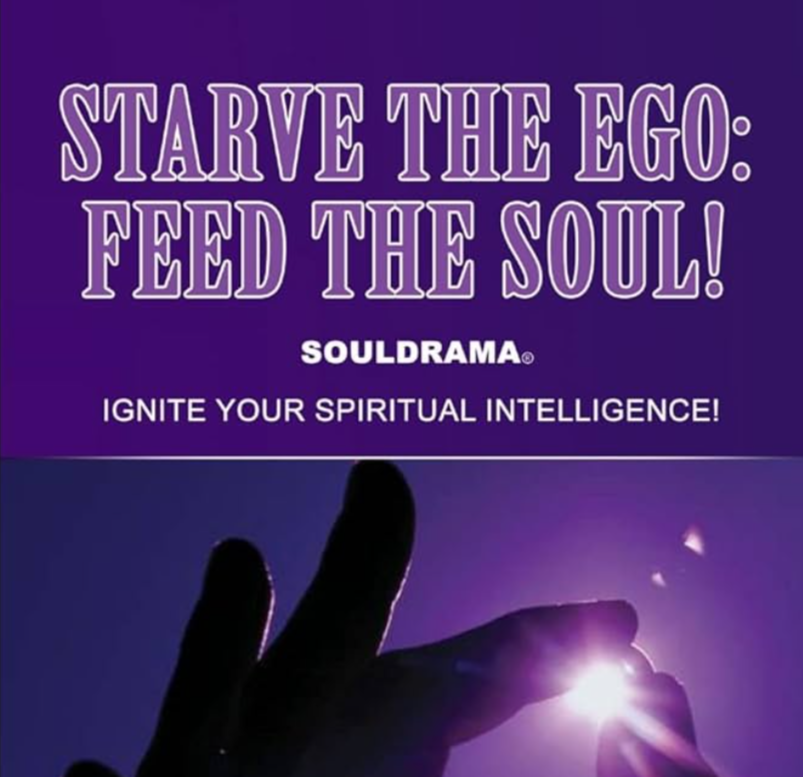
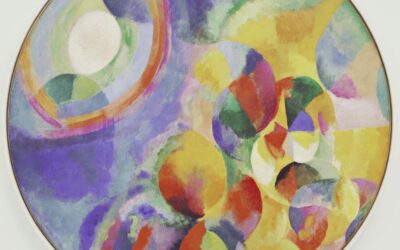

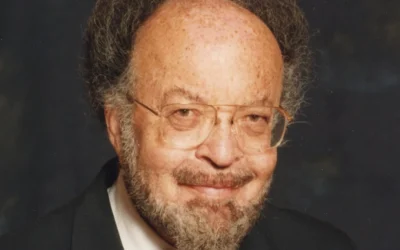



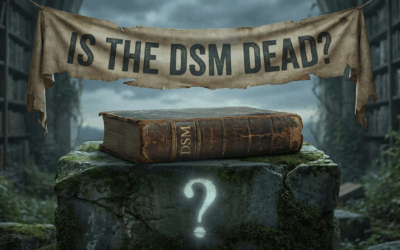
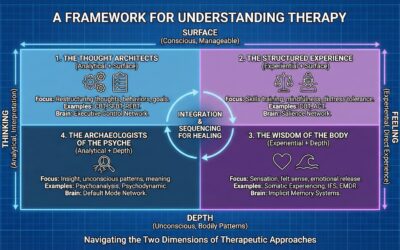
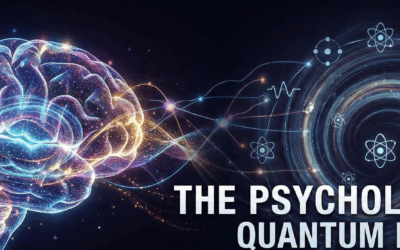

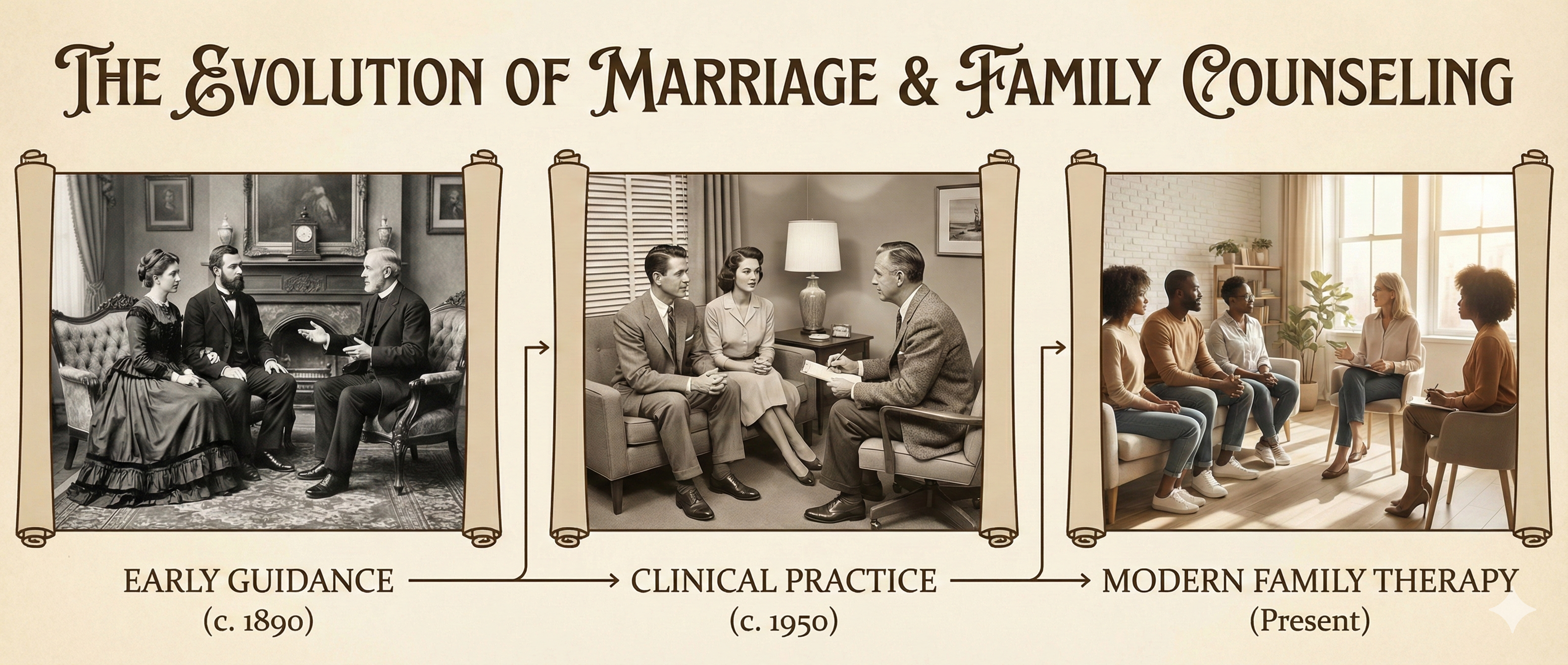


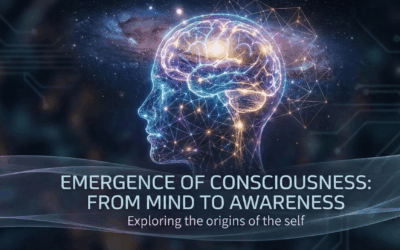
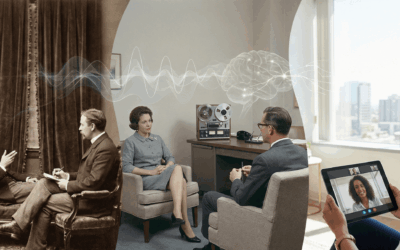

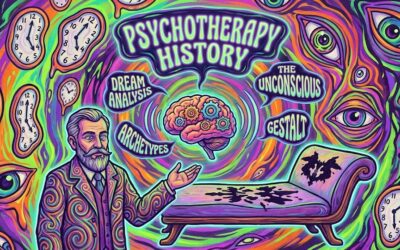


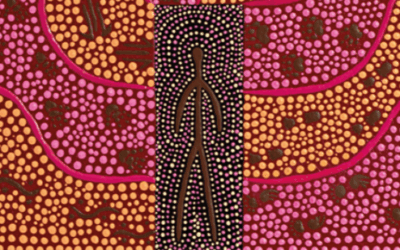





0 Comments